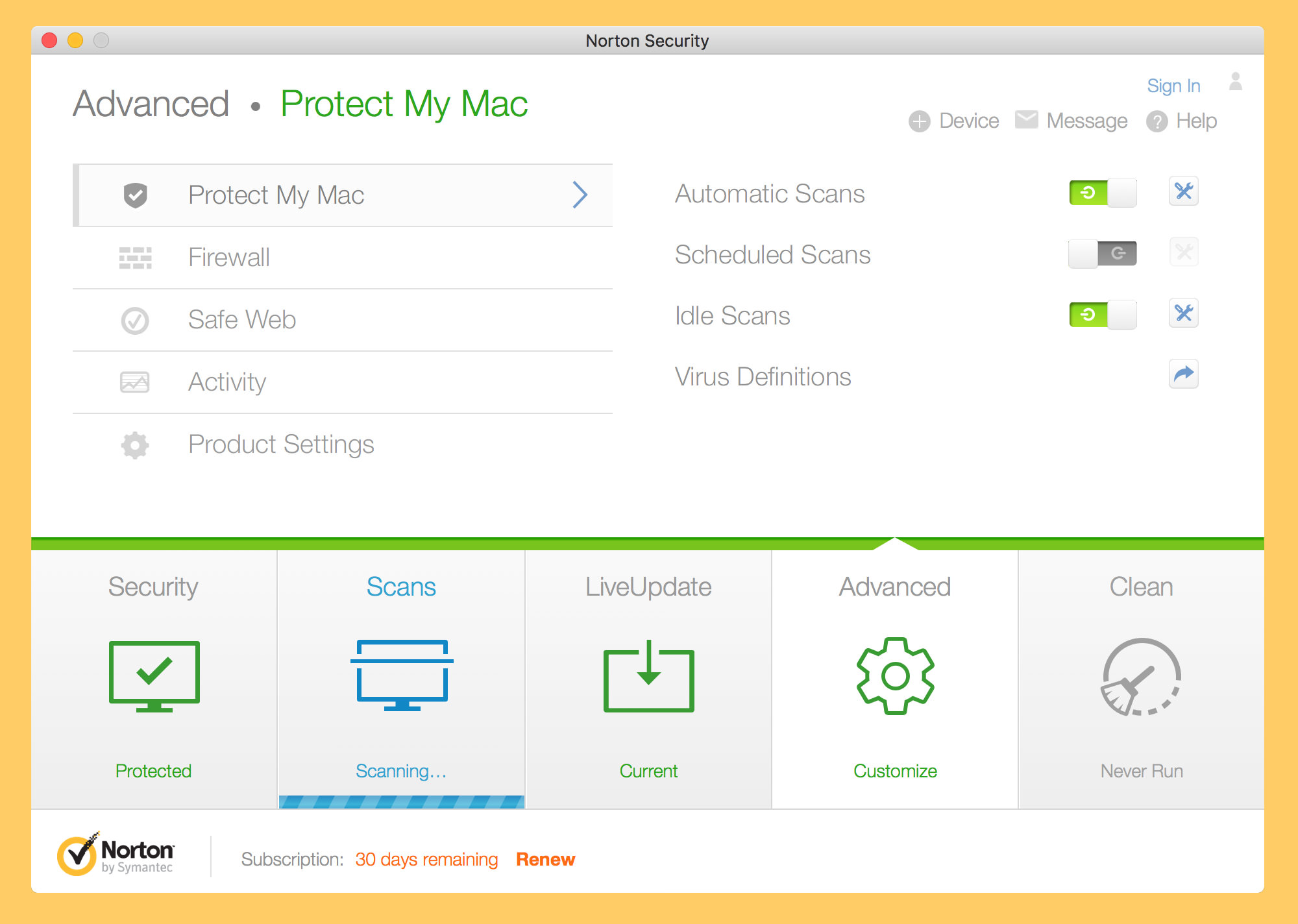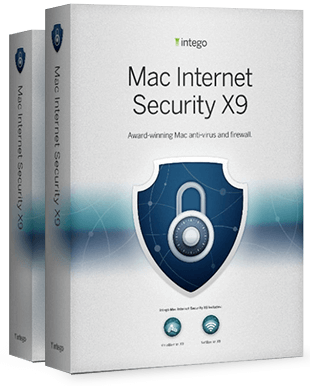

Some of this information isn’t really relevant, but there is data here that you wouldn’t want getting out. The exact amount of data collected in this manner can vary and will depend on the individual provider.įurthermore, this data can generally be categorized under one of four categories. This purpose is to ensure the servers run smoothly and to stop unsavory individuals from abusing the services. But, VPN providers do need to store some data, and these logs serve an important purpose. Meaning, you might expect them to keep no records of what you do online. One of the main purposes of a VPN is to stop third parties from gathering data about you, so you’d think this would start with the provider. What does “logging policy” signify and what makes it relevant?

We’ll explain what each one is, why it matters, and the way XZY addresses it. What elements concerning privacy and security do we test for? However, NordVPN has browser extensions for Chrome and Firefox to solve this, BullGuard does not. As BullGuard uses NordVPN’s servers this might be true for BullGuard’s servers too.

The Bad: AV-Test uncovered a WebRTC leak in NordVPN’s servers in November 2018. It supports the fast and secure OpenVPN protocol, the most secure AES-256 encryption standard, uses its own DNS servers and features a kill switch. It has a clear zero-log policy and doesn’t track your online activity. The Good: BullGuard’s VPN uses the technology of NordVPN, which is widely regarded as a VPN with high levels of privacy and security. Servers in 16 countries: Although it covers most key regions and 4 continents, 16 countries isn’t a lot.Consider buying NordVPN: BullGuard uses NordVPN’s technology, but offers less features at the same price.
WHITELABEL ANTIVIRUS FOR MAC FULL
Combine it with the VPN for the full security solution.


 0 kommentar(er)
0 kommentar(er)
